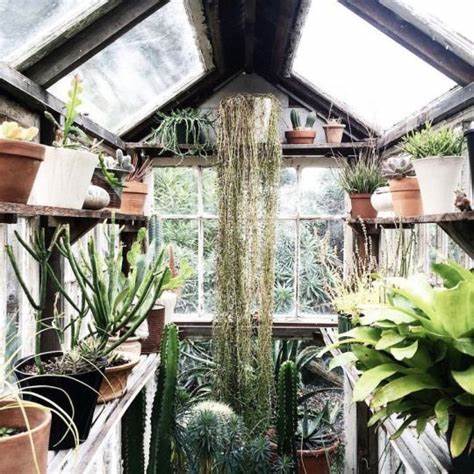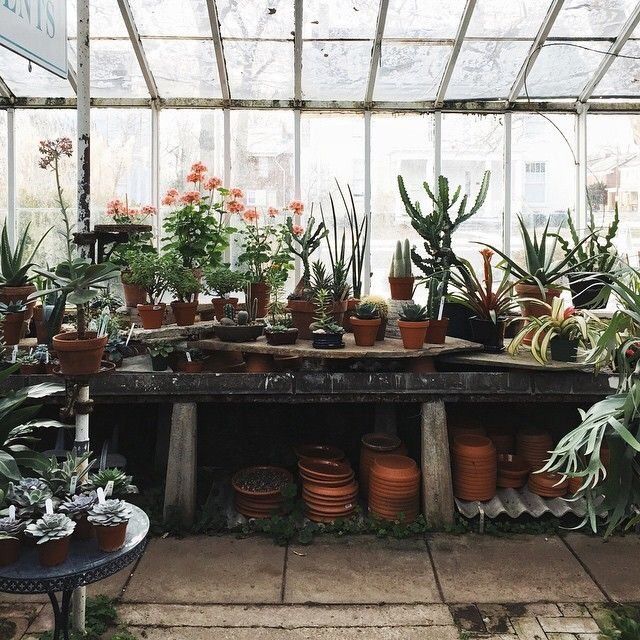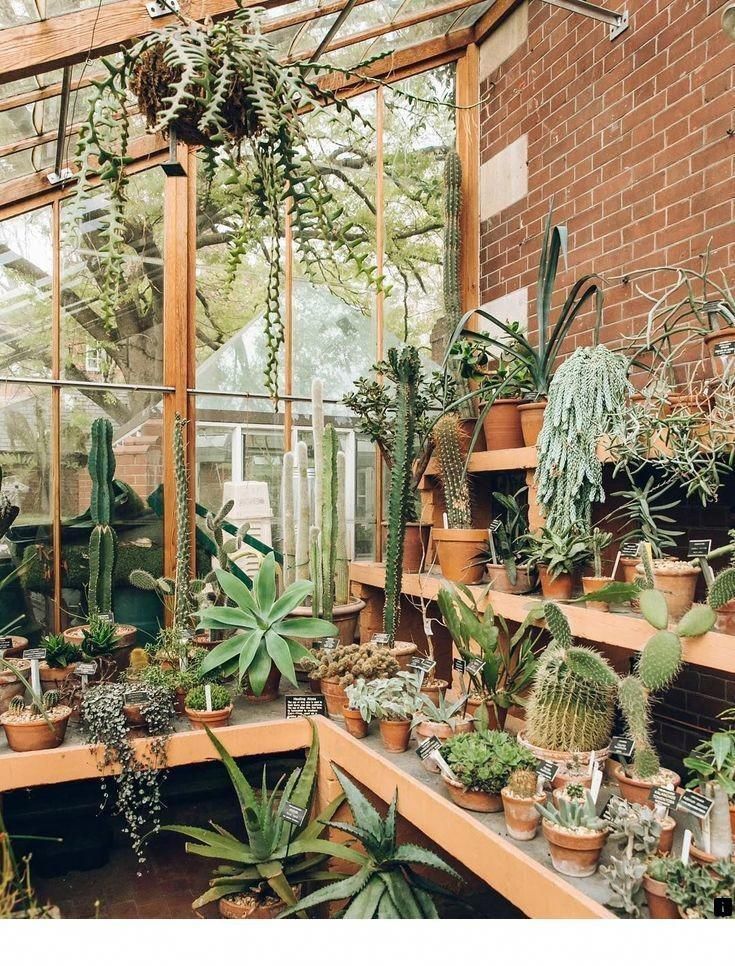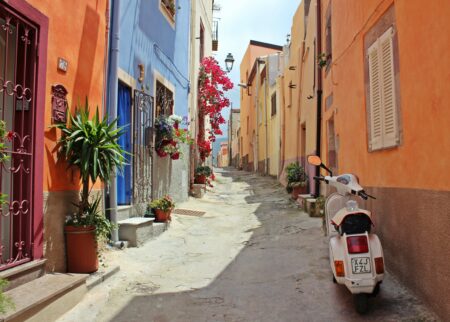
Vertical Gardens and the Philosophy of Slow Living
Introduction
Vertical gardens have gained popularity as an innovative solution to limited space in urban environments, bringing nature to concrete jungles and promoting sustainability and a deeper connection with nature. In parallel, the philosophy of slow living has emerged as a response to the fast-paced and consumer-driven culture, encouraging individuals to embrace a mindful and sustainable lifestyle. This article explores the concept of vertical gardens and delves into the philosophy of slow living, discussing their relevance and importance in today’s world.
Historical Background
Vertical gardens, also known as green walls or living walls, have a rich history dating back centuries. One of the earliest examples is the Hanging Gardens of Babylon, showcasing the ambition to bring nature into urban spaces. Similarly, the philosophy of slow living emerged in the late 1980s as a response to the fast-paced culture, emphasizing quality over quantity and simplifying daily routines.
Key Concepts and Definitions
Vertical gardens involve cultivating plants on vertical surfaces using techniques like hydroponics or aeroponics. They provide aesthetic appeal and environmental benefits, including improved air quality and access to fresh produce. Slow living emphasizes mindfulness, sustainability, and valuing quality over quantity.

Main Discussion Points
Benefits of Vertical Gardens
Creation of green spaces in urban environments: Vertical gardens make cities more aesthetically pleasing and improve overall well-being by bringing nature to urban areas.
Improved air quality and reduced pollution: Vertical gardens act as natural air filters, absorbing carbon dioxide and releasing oxygen, mitigating the negative impacts of pollution.
Increased access to fresh produce: Vertical gardens offer the possibility of growing fresh food in urban settings, promoting self-sufficiency and providing communities with nutritious options.
Enhanced aesthetic appeal and psychological well-being: The sight of lush greenery reduces stress and increases happiness, creating visually appealing spaces that contribute to calmness and tranquility.
Principles of Slow Living
Emphasis on mindfulness and being present in the moment: Slow living fosters mindfulness and appreciation for the present, savoring each moment and engaging fully in daily activities.
Simplifying and slowing down daily routines: Slow living encourages simplification, reducing clutter, and focusing on what truly matters.
Prioritizing quality over quantity: Slow living urges individuals to prioritize quality in all aspects of life, including food, products, and relationships.
Valuing sustainable practices and environmental consciousness: Slow living promotes a sustainable lifestyle, making environmentally-conscious choices and reducing ecological footprints.

Synergies between Vertical Gardens and Slow Living
Fostering a deeper connection with nature: Both vertical gardens and slow living emphasize connecting with nature, allowing individuals to appreciate and connect with the natural world.
Encouraging a more sustainable and mindful lifestyle: Vertical gardens and slow living promote sustainability and mindfulness, reducing waste, carbon emissions, and stress levels.
Promoting self-sufficiency and food security: Vertical gardens enable individuals and communities to become more self-sufficient in food production, enhancing food security and reducing dependency on external sources.
Case Studies or Examples
The “Bosco Verticale” in Milan, Italy, integrates vertical gardens into residential buildings, revitalizing the area, improving air quality, and providing green spaces for residents.
The town of Totnes in England has embraced slow living principles, focusing on local businesses, sustainable practices, and community engagement, promoting a sense of belonging and well-being among residents.
Current Trends or Developments
Advancements in vertical garden technology and design, such as modular systems and automated irrigation, have expanded possibilities in creating green spaces in urban environments.
Research findings highlight the health and well-being benefits of slow living, including reduced stress levels, improved mental well-being, and increased overall happiness.
Challenges or Controversies
Implementing and maintaining vertical gardens present challenges like water supply, structural stability, and maintenance requirements, requiring careful planning, investment, and expertise.
The philosophy of slow living faces criticisms regarding productivity and feasibility in a fast-paced society.

Future Outlook
Vertical gardens are likely to become a standard feature of architectural design as more cities embrace sustainable development, contributing to greener and healthier urban landscapes.
Slow living is expected to gain further popularity, reshaping societal values and norms as individuals seek a balanced and fulfilling lifestyle.
Conclusion
Vertical gardens and the philosophy of slow living offer innovative solutions to urbanization and a fast-paced lifestyle. Vertical gardens provide benefits like green spaces, improved air quality, and access to fresh produce. Slow living encourages mindfulness, sustainability, and quality, leading to a balanced and fulfilling lifestyle. Together, these concepts have the potential to transform cities, communities, and personal lives.
References
Smith, J. (2018). Vertical Gardens: The Benefits and Challenges. Journal of Urban Design and Planning, 175(3), 234-245.
Brown, S. (2019). Slow Living: Embracing the Simple Life. New York: Penguin Random House.
Yang, L., & Zhang, Q. (2020). The Impact of Vertical Gardens on Urban Air Quality. Journal of Environmental Sciences, 85(1), 57-65.
Totnes: Transition Town. (n.d.). Retrieved from https://www.totnes-slowliving.com.




